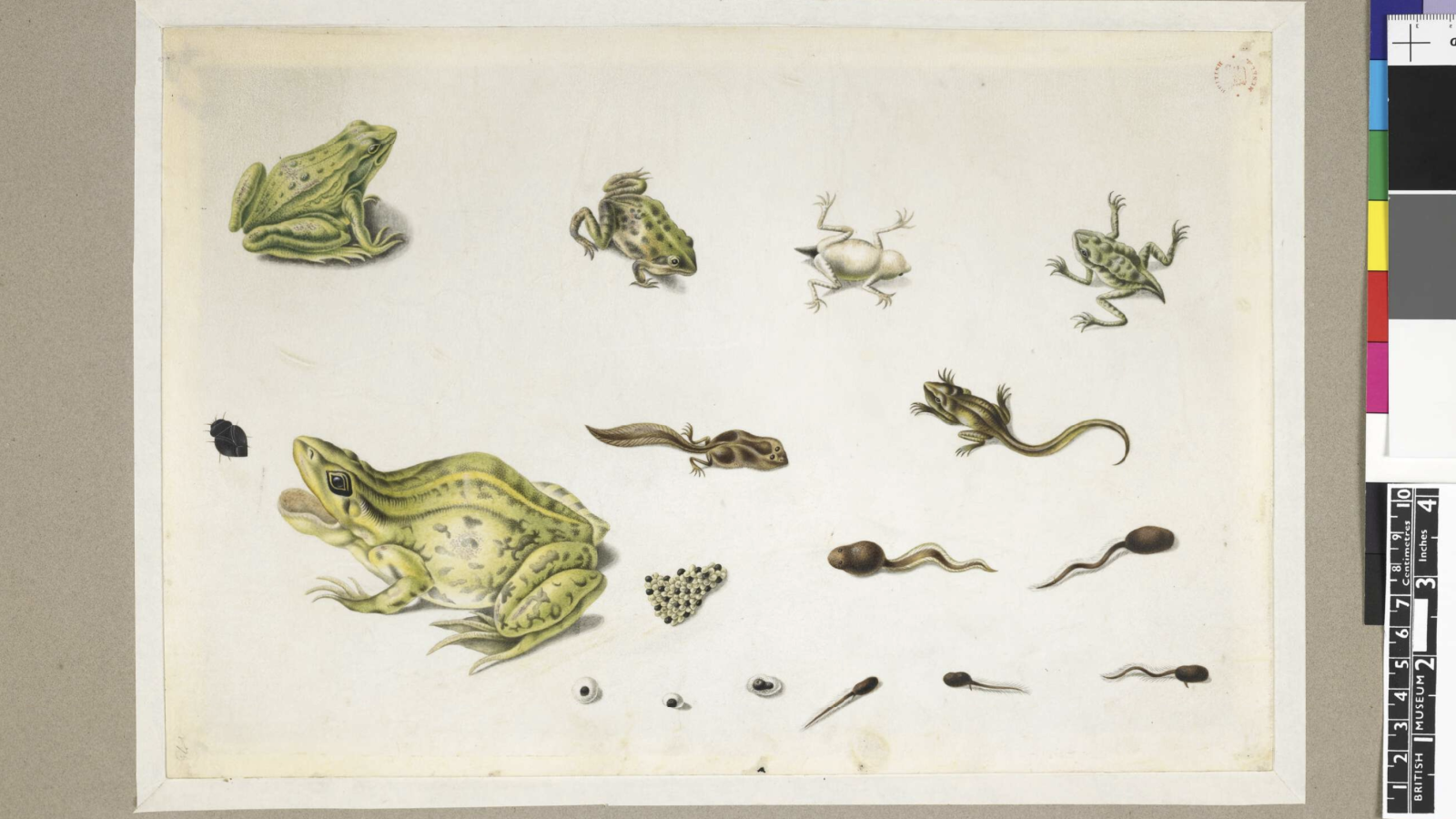Mission Statement
Umwelt Center for Germanic Studies & Environmental Humanities
The Umwelt Center is an international research center dedicated to exploring the intersections of Environmental Humanities and Germanic Studies, while forging connections to a variety of other disciplines and perspectives. Current affiliated faculty have expertise in Germanic, Scandinavian, and Yididish Studies, and their intersections.
German-speaking and Scandinavian countries are often held up as models for environmental sustainability, and the recent Environmental Performance Index (EPI, Yale University 2024) lists Luxembourg, Germany, Finland, Sweden, Norway, Austria, Switzerland, and Denmark among the top #10 best performing countries with respect to issues “ranging from climate change mitigation and air pollution to waste management, sustainability of fisheries and agriculture, deforestation, and biodiversity protection” (EPI 2024). Not only on the levels of industry, energy, transportation, agriculture and fishery, infrastructure, and the natural sciences (in particular ecology), but also in the realms of culture, politics, and economics, these regions have a long history of seeking environmental sustainability. From the earliest indigenous cultures to international societies today, they have led developments in areas such as sustainable forestry and wildlife management, mountaineering, philosophy of nature, ecologically inspired literature, music, art, performance, film and other media, urban gardening, hiking and birding clubs, ‘green’ political parties, and climate movements.
The Umwelt Center is a hub for producing and sharing insights into the wide range of cultures of environmental sustainability, including their interaction with politics, economics, international contexts, and the natural sciences. This broad understanding of Environmental Humanities allows for collaboration across theoretical approaches and disciplines ranging from literary, media, and cultural studies to political theory and beyond.
The Center’s activities and programs include international workshops, conferences, and lectures, scholarly publications, online resources for scholars and the public, local outreach programs, and summer graduate fellowships. The Center is committed to limiting its carbon footprint and waste production in the framework of Ohio State University’s sustainability goals.

